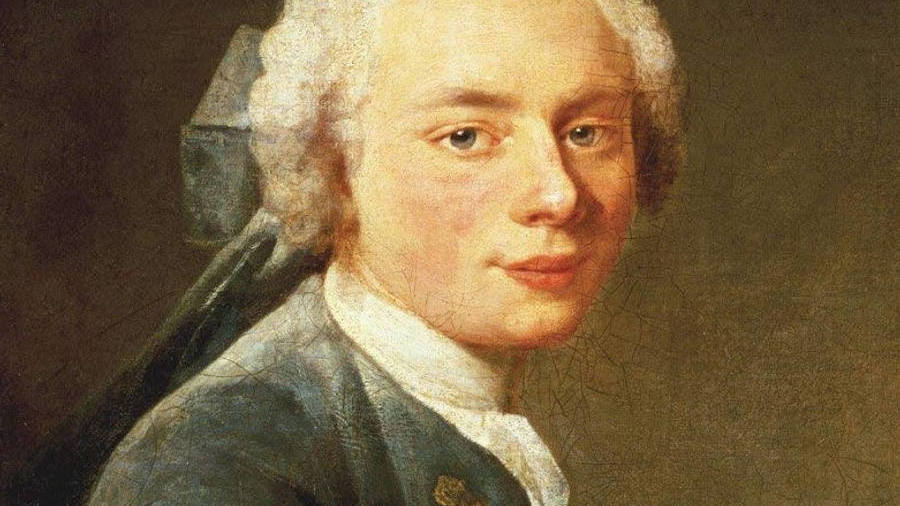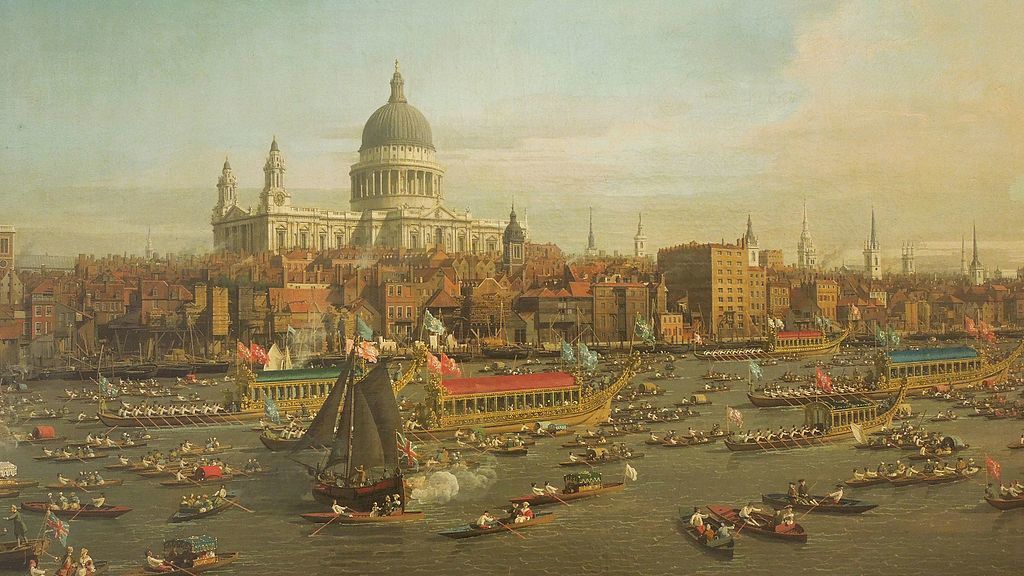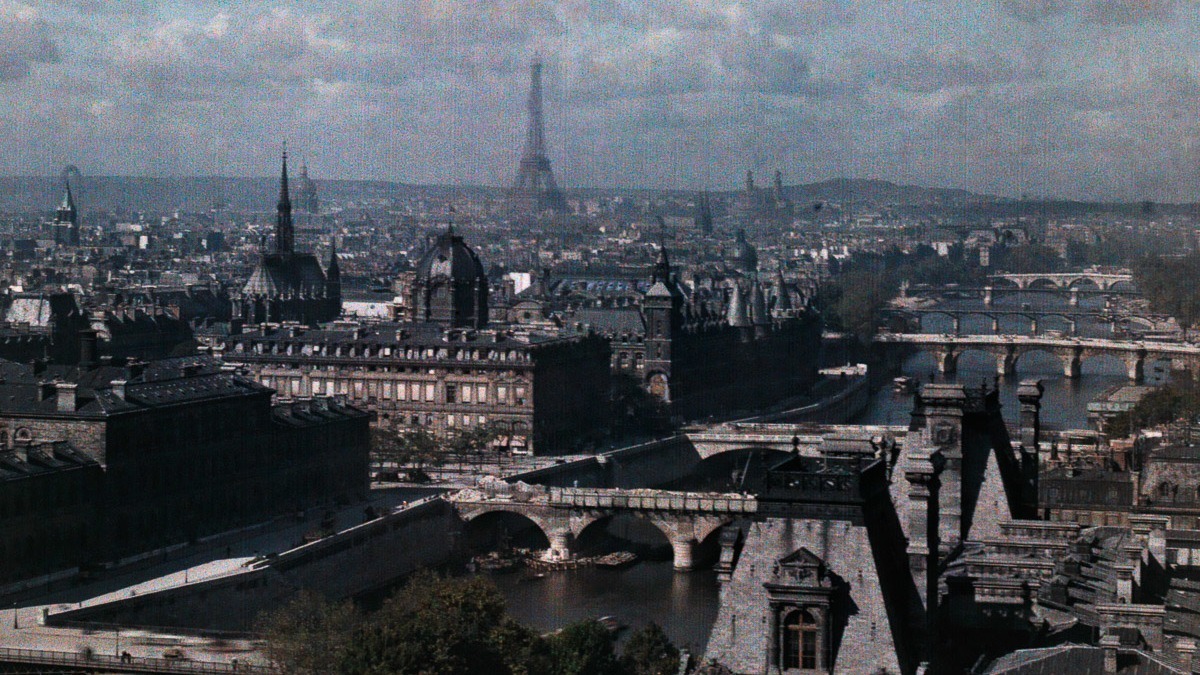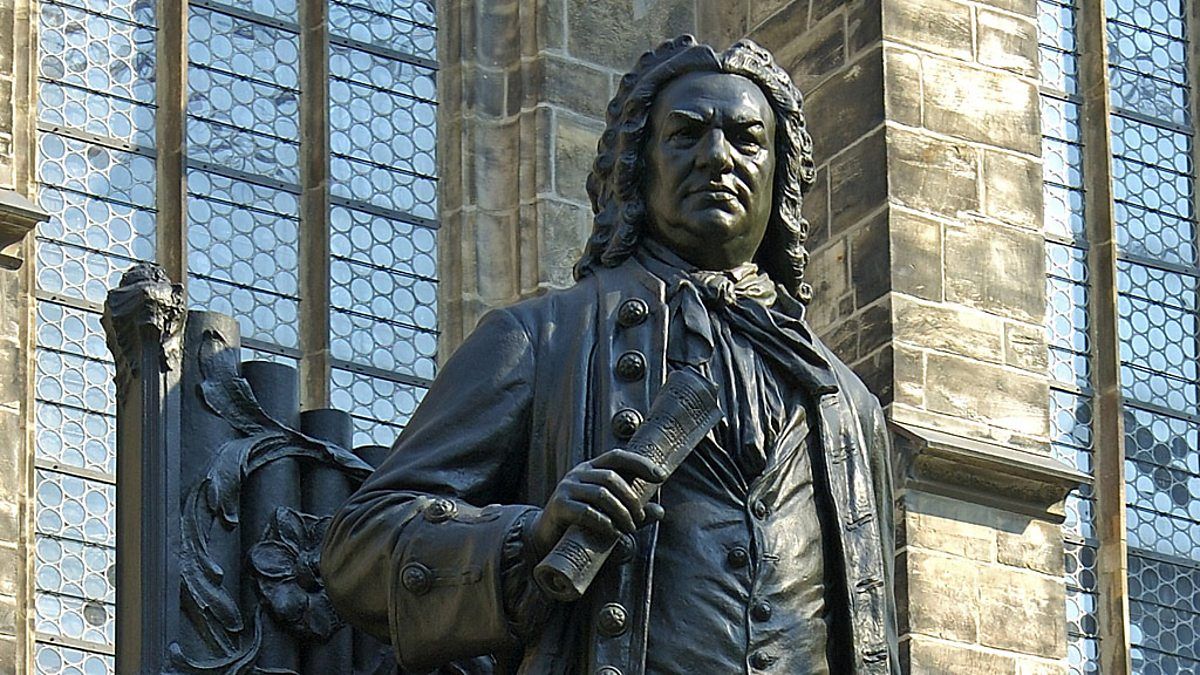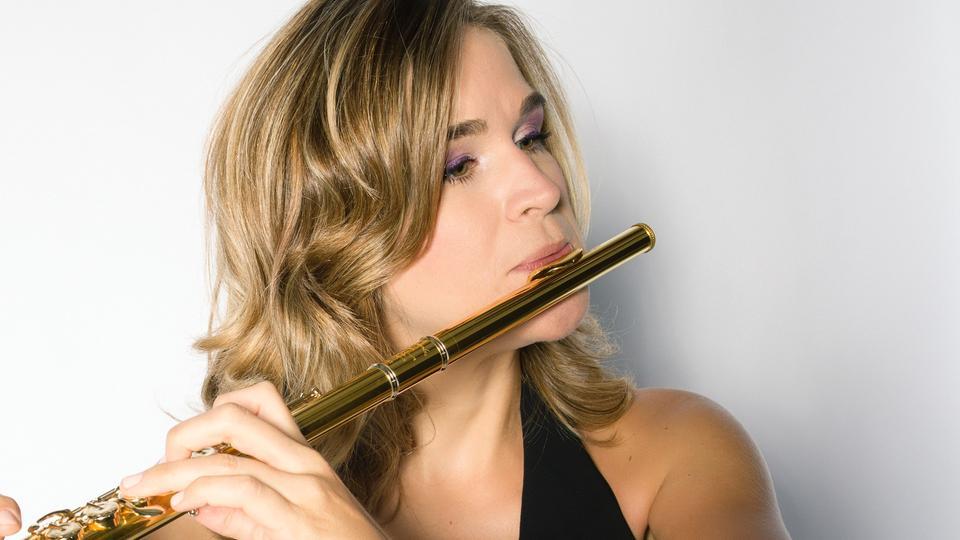Henry Eccles’ Violin Sonata in G Minor: Two Contrasting Recordings
The enigmatic English baroque composer Henry Eccles (1670–1742) is most remembered for his Violin Sonata in G minor. It’s the eleventh in a set of twelve sonatas, published in 1720. Musicologists have discovered that large swaths of the collection were borrowed from the work of the innovative Italian composer and violinist, Giuseppe Valentini, specifically his Op. 8 from 1714. Most of the G minor Sonata appears to have been written by Eccles, …

